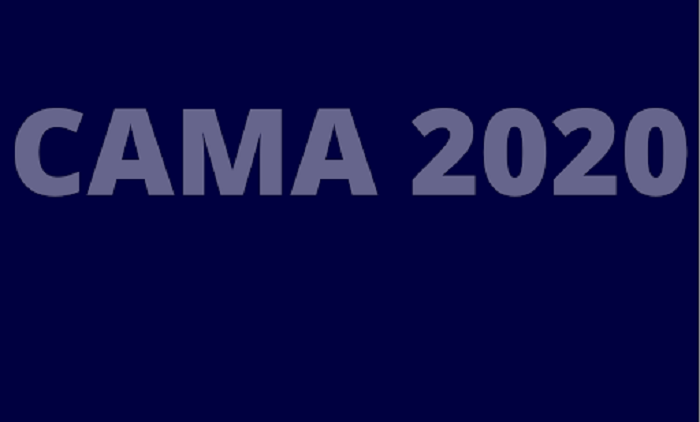Stakeholders at a virtual town hall meeting on the Companies and Allied Matters Act (CAMA 2020) have called for an immediate review of the law to ensure that its benefits are not lost with the controversies associated with some of the provisions of the law.
The meeting, hosted by the Socio-Economic Rights and Accountability Project (SERAP), was themed “CAMA 2020: Regulation or Repression”.
LCCI wants urgent gazetting of CAMA 2020
CAMA, religion and good corporate governance
It was also jointly organised by the working group on Civil Society Regulatory Environment in collaboration with the Corporate Affairs Commission (CAC), the European Union Agents for Citizen-Driven Transformation (ACT) Programme and Open Society Initiative for West Africa (OSIWA).
A former Chairman, National Human Rights Commission, Prof. Chidi Odinkalu, said that some provisions of the CAMA law negated certain segments of the constitution and called for an immediate review of the law.
According to him, the law is opened to abuse and political manipulations.
“Virtually everything is subjective on this (CAMA) law.
“It is a monster that would definitely be abused.
“The framers of the law were definitely not acting in national interest,” Odinkalu said.
Also, a Human Rights Activist, Mr. Femi Falana (SAN), said that the CAMA law had taken over the roles of certain institutions which is in conflicts with the constitution.
According to him, the call by the government that the controversial law be allowed to operate to test is viability before possible amendment does not hold water, especially that some aspects in the law contravenes sections of the Constitution and fundamental human rights of individuals and associations.
On her part, the Country Director, Amnesty International, Ms. Osai Ojigbo, said that Non-governmental Organisations (NGOs) have always been regulated in Nigeria and as such there was a dire need for a clarification of CAMA 2020.
However, the Register-General of the CAC, Alhaji Garba Abubakar, represented by the Director, Board Secretariat, Mr. Justine Nidiya, said the purpose of the law was to improve corporate responsibility and urged Nigerians to allow the law to be operational.
He also said that there were the possibilities for the review of the law after its experience by the citizenry.
“The CAMA law was not intended to curtail the fundamental human rights of Nigerians.
“It is also not that the law gives absolute power to the CAC in the replacement of trustees of some organisations that violated the law without following due processes.
“We urged Nigerians to give the law a benefit of doubt as it was done in the overall national interest,” Nidiya said.
Daily Trust reports that, following the signing into law of the CAMA 2020 by President Muhammadu Buhari on 7th August 2020, there have been divergent opinions and discussions on the matter.
While some in the business sector have spoken in favour of the Act because of the many innovations made to company registration, administration and ease of doing business, the provisions of Part F of CAMA 2020 for instance have provoked reactions from the CSO community and religious organisations, with many seeing it as a blatant attack on human rights and the civic space.

 Join Daily Trust WhatsApp Community For Quick Access To News and Happenings Around You.
Join Daily Trust WhatsApp Community For Quick Access To News and Happenings Around You.

